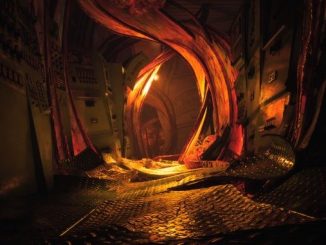Our review of Metroid Prime Remastered, developed by Retro Studios. Available now for Switch.
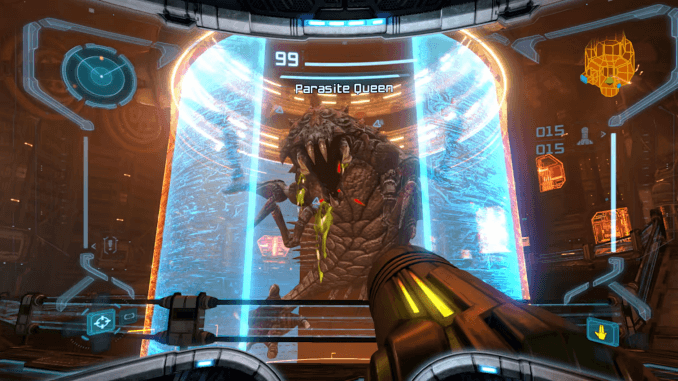
WHAT IS IT?
A high-def remaster of the beloved GameCube title, brought to us by the studio that made the 2002 original.
IS IT GOOD?
It takes everything that made the original Prime legendary, and improves it just enough to merit new attention.
WHO SHOULD PLAY IT?
Smash Bros.
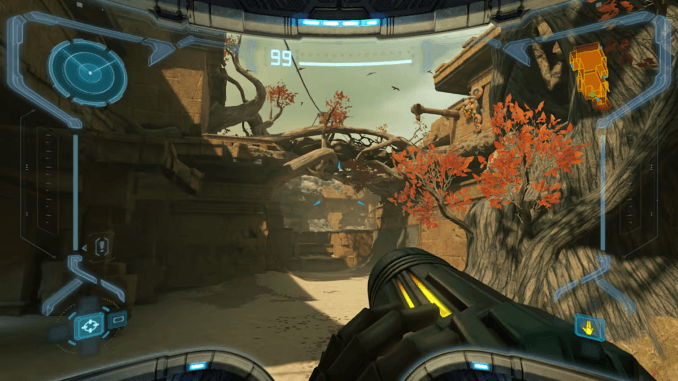
CHARGE SHOT
The original Metroid Prime remains rightly revered not only as a masterclass in first-person action games, but also in how to successfully modernize a series. Not since Super Mario 64 brought the Italian plumber into 3D has a Nintendo game so thoroughly and definitively made a genre transition while still retaining something of the original’s essence. I happen to consider Metroid Prime a better game than Super Metroid – something which many gamers are likely to disagree with – but the fact that it so manages to feel like Metroid, albeit from a radically different perspective, is a testament to the skill of developers Retro Studios.
Two decades later, Metroid Prime remains almost as fresh and exciting as it did in 2002. Oddly, however, Prime Remastered‘s biggest selling-point – a revised control scheme – may well be its biggest weakness.
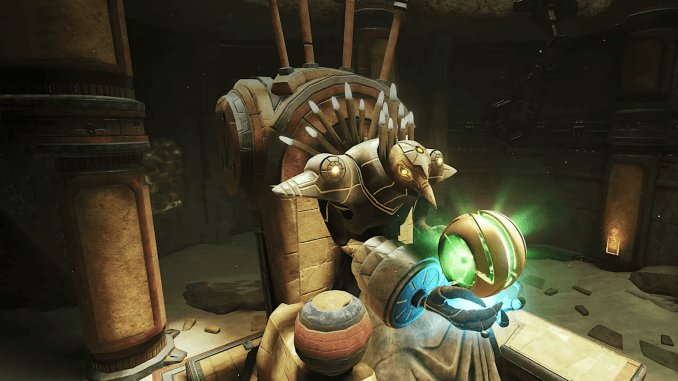
SCREW ATTACK
Before Castlevania, there was Metroid, and before Metroid there was… well, nothing quite like it.
The so-called “Metroidvania” genre, which owes its origins to those two mid-80s titles, involves sending players through enormous, intricately interconnected worlds in which progression can only be achieved by unlocking new abilities, which then make it possible to access previously unavailable areas. Encounter a glowing red door early on in Metroid Prime, and you’ll have to turn back. Return to the red door after acquiring the Plasma Beam, and you can blast your way through. There are purple doors, white doors, and so on, along with plentiful hidden areas that you can find by simply fooling around with your different abilities/equipment.
Prime puts the Metroidvania model to good effect in a then-new (and still fresh) first-person reimagining of the genre. For the first time in Metroid history, players control series star Samus Aran from behind her visor, making her way across the hostile planet of Tallon IV, now overrun by evil Space Pirates. Exploring the planet, Samus slowly unlocks the secrets left behind by the ancient lost civilization of the “Chozo”, whose mysterious extinction is somehow tied to the Pirates’ latest experiments.
The Metroidvania genre is immensely satisfying to play. The feeling you get when you finally acquire some skill – say, Samus’s fabled ability to curl up into a “Morph Ball” – and in an instant unlock a wealth of new navigation options to play with, is second to none. Metroid Prime excels at this, which also means it’s one of those games that’s nearly impossible to put down: there’s always one more room to explore, one more nook or cranny to poke around in.
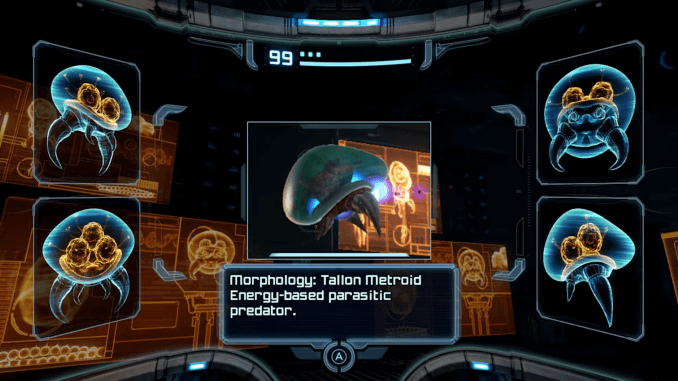
ZERO LASER
Superficially, Metroid Prime resembles a first-person-shooter, and back in 2002 it confused a lot of gamers who were trained to see “first person + laser gun” and immediately assume the point was to run around guns blazing. In fact, Prime can be more accurately described as a first-person exploration game, one in which the goal is not, strictly speaking, to destroy the most enemies. Sure, there are aliens and giant bugs aplenty to shoot at in Metroid Prime, but those are secondary to the goal of exploration itself. Finding a hidden entryway ingeniously tucked behind a false wall, rolling your Morph Ball down a narrow tunnel to a brand-new area — those are the moments that make Metroid Prime great.
That emphasis on exploration over combat extended to the conscious decision, at its original release, to limit the player’s combat abilities. Rather than full 3D aiming as one might find in a Call of Duty, the original Prime restricted players to a lock-on and strafe system that greatly narrowed combat options and frustrated a lot of gamers.
I was not one of them. Indeed, I was grateful that Prime was out here, telling me – just as Killer7 would do a few years later – that I shouldn’t worry so much about battle and instead focus on progression. Yes, Prime’s First-Person-Not-Shooter combat was alienating, but that was the point.
Twenty-plus years later, Retro Studios can be forgiven for finally giving in to the masses and turning Prime Remastered into a full-blown FPS. This admittedly makes the game much easier – aiming and firing Samus’s array of weaponry is a breeze – and yet somehow, I can’t help but feel something has been lost. Now, when I make my way through Talon IV’s seven interconnected regions, I feel like I’m being thrust into wave after wave of battle, where not fighting is no longer an option. Paradoxically, the improved controls take something away from what Metroid Prime was supposed to be.
The original Prime was also plagued by distracting design choices, some of which resurface here. As in every Metroid to date, defeated enemies respawn immediately upon leaving a room. Given that you might traverse a particularly busy room a hundred times during a Prime run, this can get frustrating. Also frustrating: Prime‘s decidedly old-fashioned lack of checkpoints or autosaves, which means that you’ll inevitably wind up replaying large chunks of the game, especially its trickier later sections. Combined with those aforementioned respawning rooms, and parts of the game can be a bit of a slog.
Still, those moments are few and far between, and in their own weird way add something to the charm of this still-atypical First-Person-Adventure (don’t call it a “Shooter”). There really aren’t many games like Prime – even the most recent Metroid Dread stuck with the tried-and-true 2D approach – and its sense of exploration, and reward for exploration, remains second to none. Those clamouring for the long-overdue Metroid Prime 4 – a game that’s been in development so long it might as well be vapourware – owe it to themselves to revisit this masterpiece in all its glorious remastered form.
***
Final score: 9/10 space dragons.
Visit the official website for Metroid Prime Remastered here.


